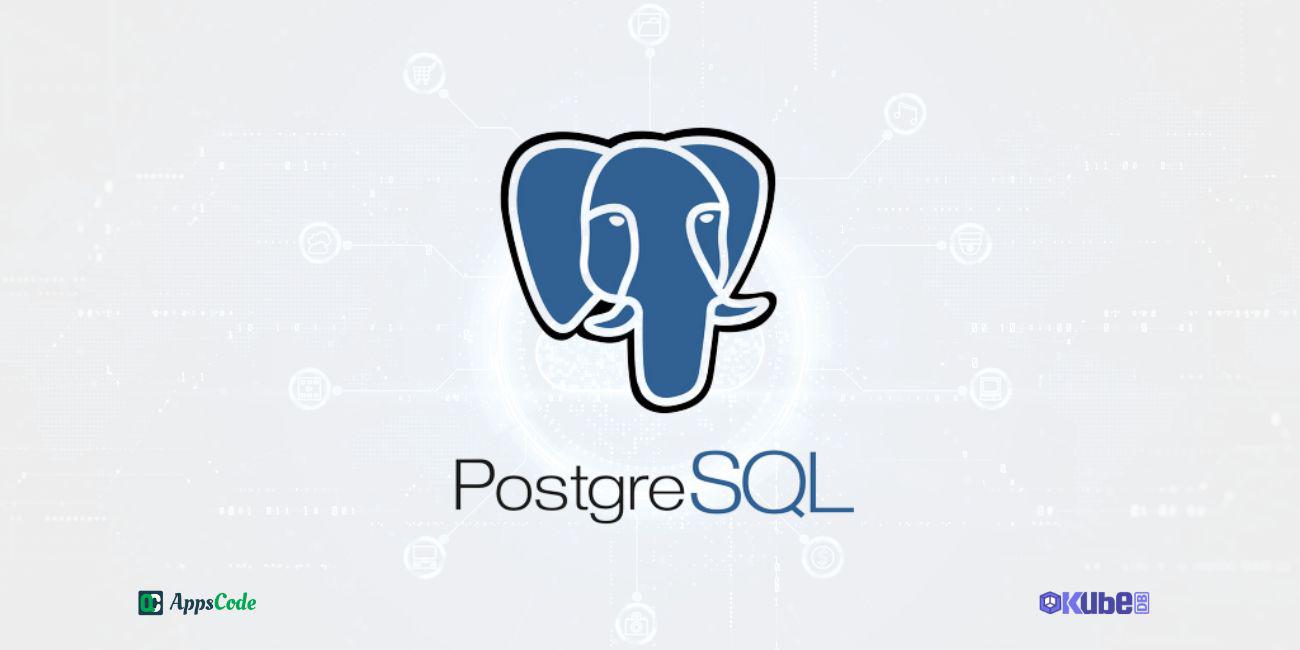
Introduction
PostgreSQL is a robust open-source relational database management system (RDBMS) which is frequently used for maintaining and analyzing massive datasets. Due to its cutting-edge features and reliable design, PostgreSQL is an extremely preffered solution among enterprises, governments, and other businesses all over the world. PostgreSQL is well-suited for high-performance, mission-critical applications. In this blog we’ll provide a detailed review of PostgreSQL’s main features and functionalities and why to choose it. We will also examine how it can be utilized to manage and process large amount of datasets.
Key Features of PostgreSQL
One of PostgreSQL’s primary features is its ability for complex data modeling and manipulation. It supports a wide range of data modeling ideas, including user-defined functions and operators, complicated data types, and inheritance. This facilitates the modeling and management of complicated data structures and enables the development of powerful, customized solutions for certain use cases.
Advanced data management functions including full-text search, locational indexing, and built-in support for JSON and JSONB data types are also supported natively by PostgreSQL. It is the perfect option for managing and querying huge and complicated datasets because of these features and its support for sophisticated data types like arrays, hstore, and ltree. In order to improve the database’s performance, it also features built-in support for concurrent indexing, parallel query execution, and parallel data loading.
Scalability of PostgreSQL is another important feature. It can scale easily to suit the demands of expanding enterprises and organizations with the capability of handling several concurrent users and transactions. Additionally, it offers reliable performance monitoring and tuning tools, making it simple to locate and fix performance issues. It also enables horizontal scalability, which allows the database to be split over numerous servers in order to manage a high volume of read and write requests.
PostgreSQL also provides strong data security measures. It provides advanced security features including auditing, encryption, and role-based access controls. This makes it perfect for companies that must adhere to stringent security and legal regulations. It also includes built-in support for SSL connections and password encryption, which improves the security of the stored data in the database.
Real Life Use Cases of PostgreSQL
PostgreSQL is a multi-purpose database management system that can be utilized in a wide range of businesses and applications. The following are some of the most typical PostgreSQL use cases:
PostgreSQL is used by many online shops to manage large and complicated databases relating to products, customers, and orders. It is particularly suited for developing specialized solutions that meets the particular requirements of e-commerce enterprises due to its sophisticated data modeling and manipulation capabilities.
Large volumes of financial data, including transaction histories and customer data, are managed by financial organizations using PostgreSQL. It is a well-liked option for managing sensitive financial data because of its sophisticated security features and scalability.
PostgreSQL is used by many healthcare companies to manage big databases linked to patient information, medical research, and clinical trials. It is highly suited for managing complicated medical data because of its extensive data management and manipulation features.
PostgreSQL is used by telecommunications businesses to manage huge datasets pertaining to client consumption and network infrastructure. It is highly suited for managing massive amounts of data relating to network consumption and performance because of its scalability and comprehensive data administration features.
Conclusion
To sum up, PostgreSQL is a strong and adaptable database management system that can be used to maintain and analyze major datasets. It is suitable for a variety of industries and applications with its sophisticated data modeling and manipulation capabilities, scalability, and strong security features. PostgreSQL can be a decent choice for maintaining and analyzing huge and complicated datasets, regardless of whether you are a developer, administrator, or data analyst. PostgreSQL is a great option today and will remain so in the future because of its sizable and vibrant community of users and developers.
KubeDB Can Assist
It takes an extensive understanding and consistent practice to manage your organization’s database operations, whether they are on-premises or in the cloud. Your application performance may be impacted by the kind of open-source database you choose. You must determine which open-source database will best match for your apps and services, your infrastructure, and your clients before making your selection. To ensure your DBA expertise with the necessary performance and uptime criteria, KubeDB provides a complete support solution. We have a 24x7 support system and maintain SLA to provide 100% reliability to our clients. No matter if your database infrastructure is hosted on-site, geographically localized, or if you use cloud services or database-as-a-service vendors, KubeDB will assist you to manage this whole process in a production-grade environment. Learn more by watching tutorials about PostgreSQL Database
Support
To speak with us, please leave a message on our website .
To receive product announcements, follow us on Twitter .
To watch tutorials of various Production-Grade Kubernetes Tools Subscribe our YouTube channel.
More about PostgreSQL in Kubernetes
If you have found a bug with KubeDB or want to request for new features, please file an issue .









